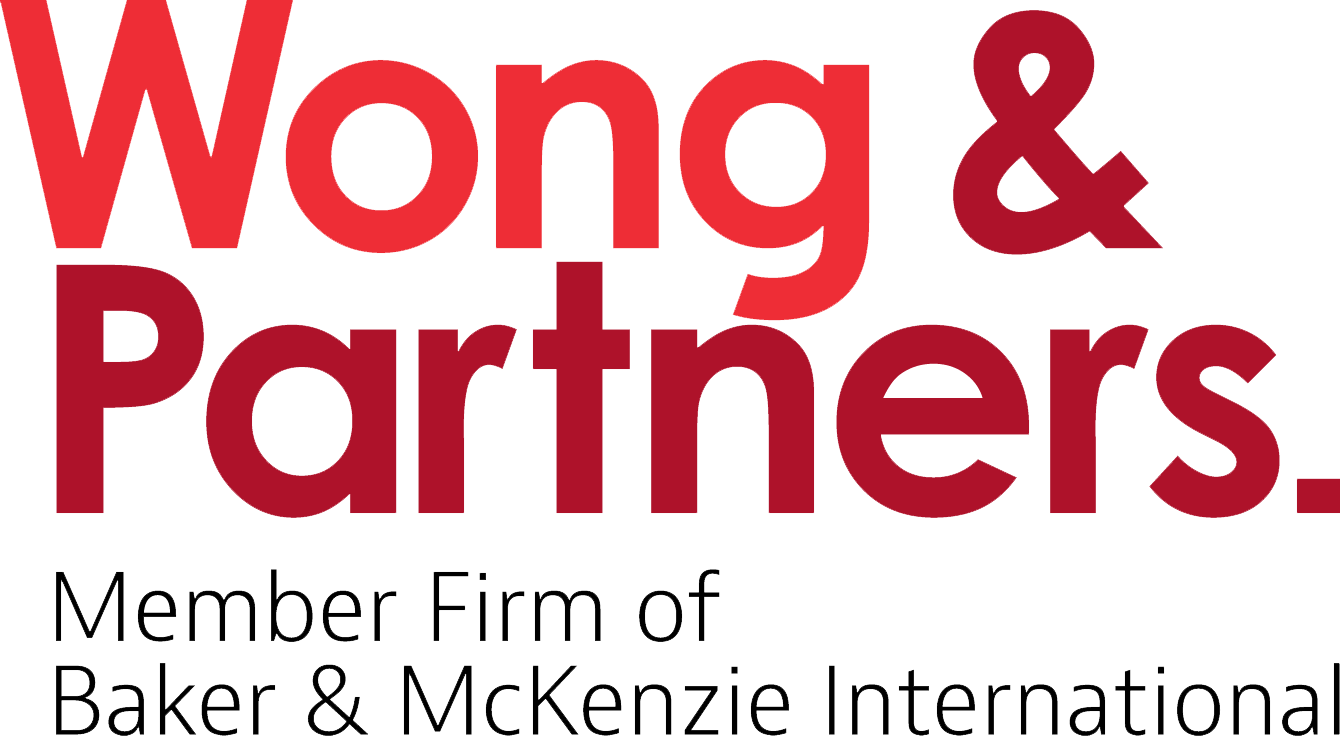Who is regulated?
Consistent with the Papers, the Bill:
- Seeks to: (i) regulate any person carrying on both conventional and Islamic "credit business" and "credit service business" involving a "credit consumer"; and (ii) exclude from its application circumstances where credit or services provided are not the a person's core business or are offered by government-linked entities (for example, credit provided by an employer to its directors, officers or employees, or by the Government, State Government, local authority, statutory body, government-linked company or corporation, or state corporation)
- Includes within the definition of:
- "Credit business" the activities of moneylending, pawnbroking, hire purchase, credit sale, Buy-Now-Pay-Later (BNPL), leasing, and factoring
- "Credit service business" the activities of debt collection, impaired loan or financing acquisition, repossession, debt counselling and management, and online crowdlending platforms
The categories of a "credit consumer" remain largely unchanged from the Papers and include:
- An individual who obtains, has obtained or intends to obtain credit wholly or predominantly for personal, domestic or household purposes
- A person who is a micro or small enterprise who obtains, has obtained or intends to obtain credit below a prescribed amount
- An individual who acts as a social guarantor
The regulators
The Commission
The Bill establishes the Commission as the main regulatory body in relation to consumer credit and persons carrying on credit business and credit service business, while the Ministry of Housing and Local Government (KPKT) is empowered to appoint a Registrar of Islamic credit providers ("Registrar").
Regulatory and Supervisory Authorities (RSAs)
The Bill adopts the concept of RSAs under the Papers and recognises the Commission, the Central Bank of Malaysia, the Securities Commission Malaysia, the Ministry of Domestic Trade and Cost of Living; KPKT and the Malaysia Co-operative Societies Commission as RSAs, each with all functions and regulate and supervise: (a) credit providers carrying on credit business; and (b) credit service providers carrying on credit service business (collectively, "Providers"), for the purposes of the CCA.
The Bill makes clear that the functions of powers of RSAs are in addition to the functions and powers of the RSAs under other relevant written laws; as such the CCA introduces a parallel regulatory regime which enables the RSAs to continue to regulate persons within their respective sectors and in accordance with their own legislation.
Key regulatory requirements
Authorisation regime
There will be an authorisation regime comprising of:
- A licensing requirement for persons carrying on: (i) credit business licensed by the Commission of conventional and Islamic BNPL, leasing and factoring; and (ii) credit business licensed by the Registrar of Islamic financing facilities and Islamic pawnbroking
- A registration requirement for persons carrying on credit service business licensed by the Commission of debt collection, impaired loan or financing acquisition, and debt counselling and management
- A declaration requirement for persons carrying on credit business or credit service business licensed by the Commission that do not involve a credit consumer
A transitional six month period is provided for any person subject to the licensing or registration requirement to apply for a licence or registration under the CCA.
Licensed banks, insurers, moneylenders, pawnbrokers and those providing credit under the Hire-Purchase Act 1967 and Consumer Protection Act 1999 are excluded from the authorisation regime. It will mean that there will be a parallel authorisation regime with the Moneylenders Act 1951 continuing to apply.
Governance requirements
The Commission or the Registrar, as the case may be, will specify fit and proper requirements to be fulfilled by a controller, director, partner, or senior management of a Provider. This may include minimum criteria relating to: (a) probity, personal integrity, and reputation; (b) competency and capability; and (c) financial integrity.
Whilst the Bill does not impose an express requirement for a Provider to be locally incorporated, we anticipate that in line with the Papers, this may be introduced at a future date via regulations, standards or guidelines.
Minimum financial requirements
The Commission or the Registrar will specify minimum financial requirements for the licensing or registration of a Provider, which must be maintained for the duration of the licence or registration. The thresholds have not been determined at this juncture.
Reporting and approval requirements
Generally, Providers will be also subject to certain reporting or approval obligations as it relates to, for example: (a) the sale, lease, assignment or transfer of a credit business to any other person; (b) the amalgamation or merger of its credit business with any other person; (c) the appointment or reappointment of its Chief Executive Officer, directors and/or partners.
Business conduct and credit consumer protection requirements
The Bill introduces a general duty on Providers to ensure fair, responsible, and professional business conduct. However, it leaves the specifics of such business conduct to be determined under regulations, standards, and guidelines to be issued under the CCA. These are likely to be fleshed out in the future in the areas of prohibited business conduct; use of advertising and promotional materials; transparency and disclosure of information to credit consumers; fairness of terms in a credit agreement to credit consumers; imposition of fees, charges, profit and interest; assessment of affordability of credit offered to credit consumers; fair debt collection practices; complaints handling and dispute resolution mechanisms; and management of documents/information relating to credit consumers.
Conclusion and next steps
Although the Bill remains subject to specific regulations, standards and guidelines which are likely be issued under the CCA in the future, industry players should begin to evaluate their existing operations and consider how to bring this in line with the proposals contemplated under the Bill; and remain alert to developments as the Bill progresses through Parliament and the CCA begins to crystallise.
* * * * *
Yee Sun Tang, Associate, contributed to this legal update.

© 2025 Wong & Partners. All rights reserved. Wong & Partners, member of Baker & McKenzie International. This may qualify as "Attorney Advertising" requiring notice in some jurisdictions. Prior results do not guarantee a similar outcome.

